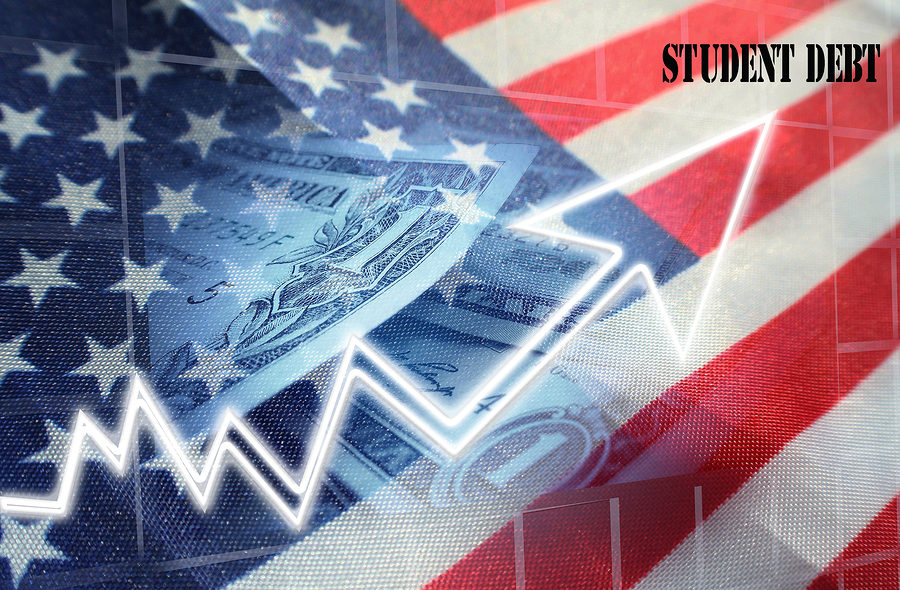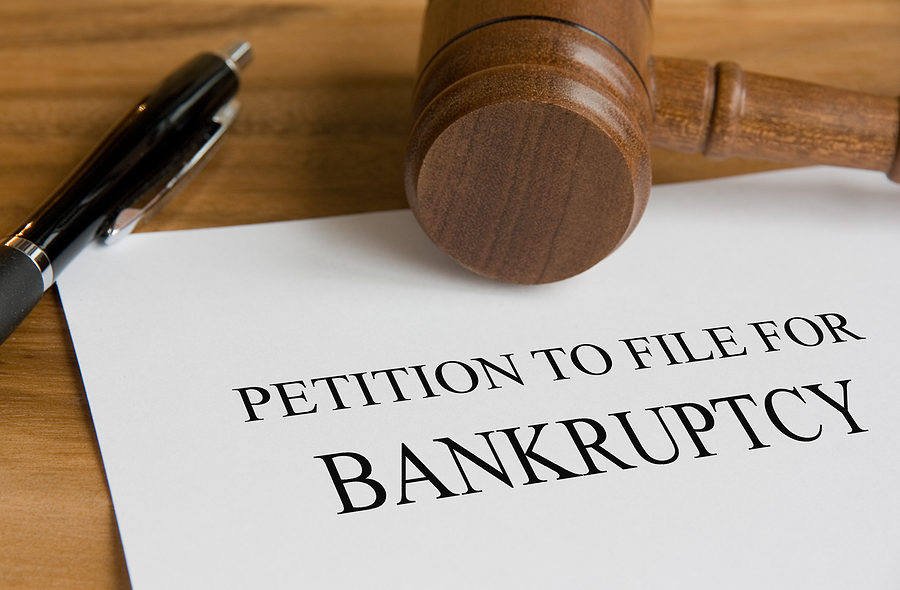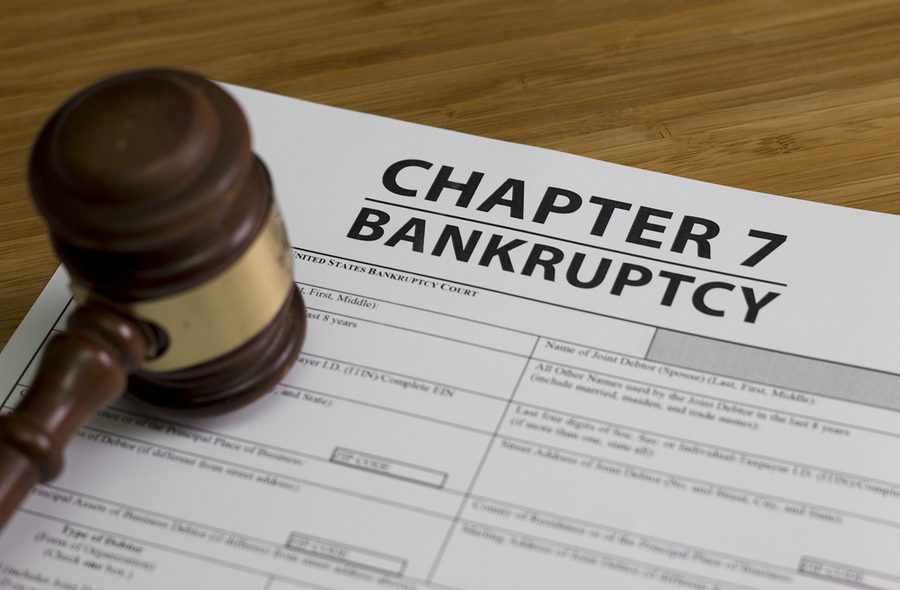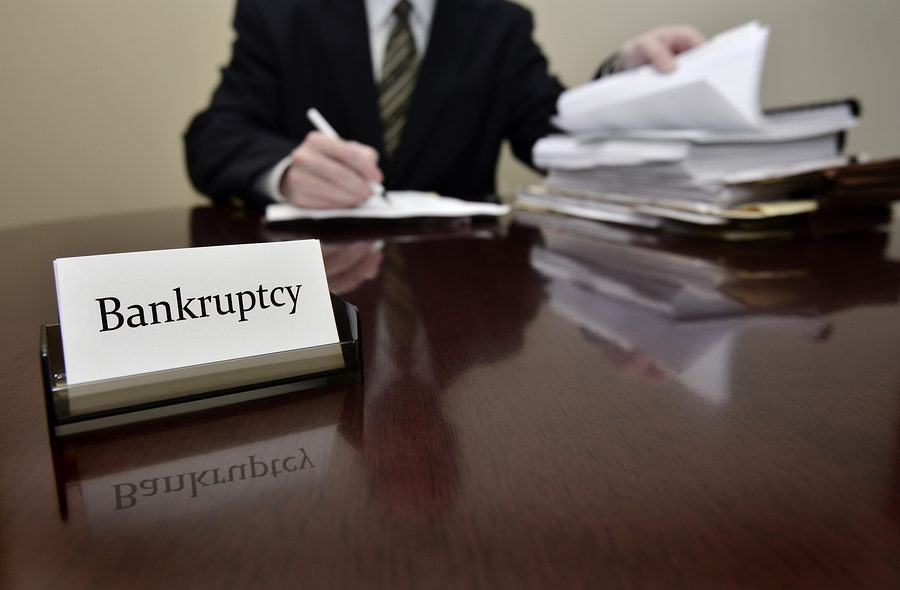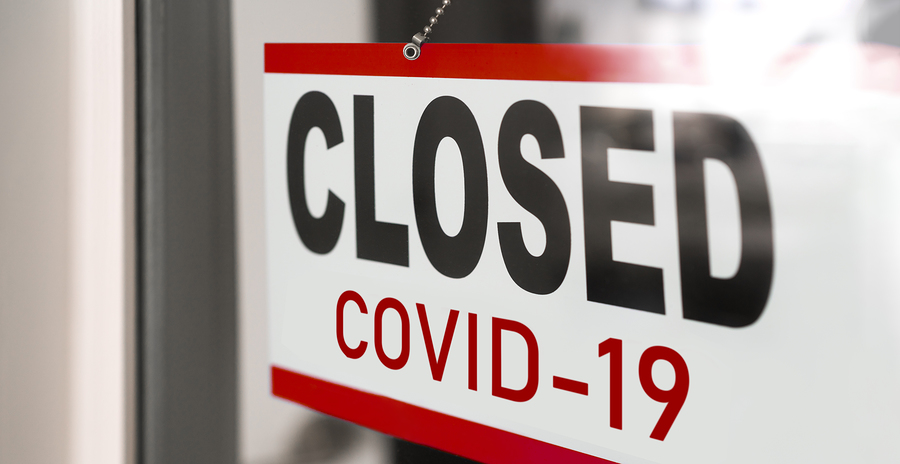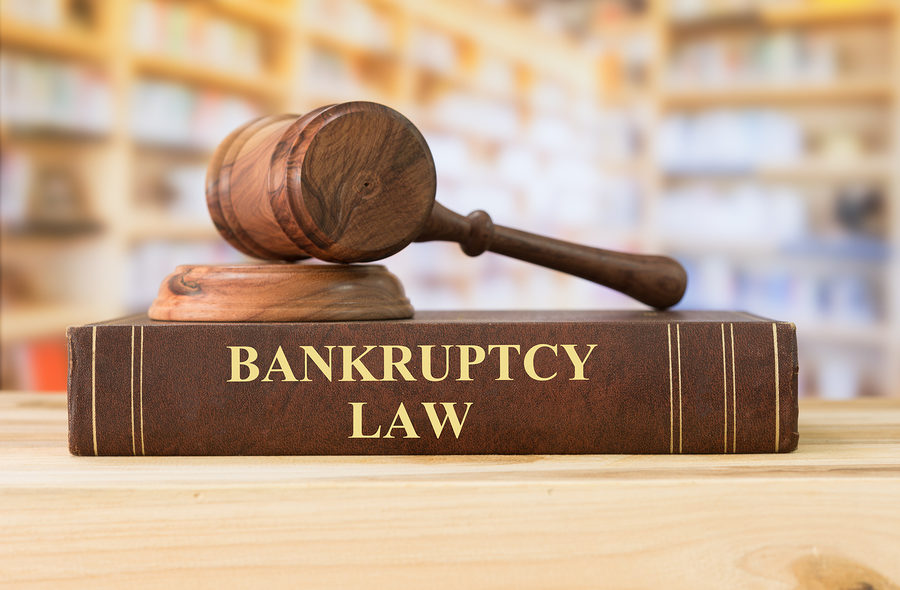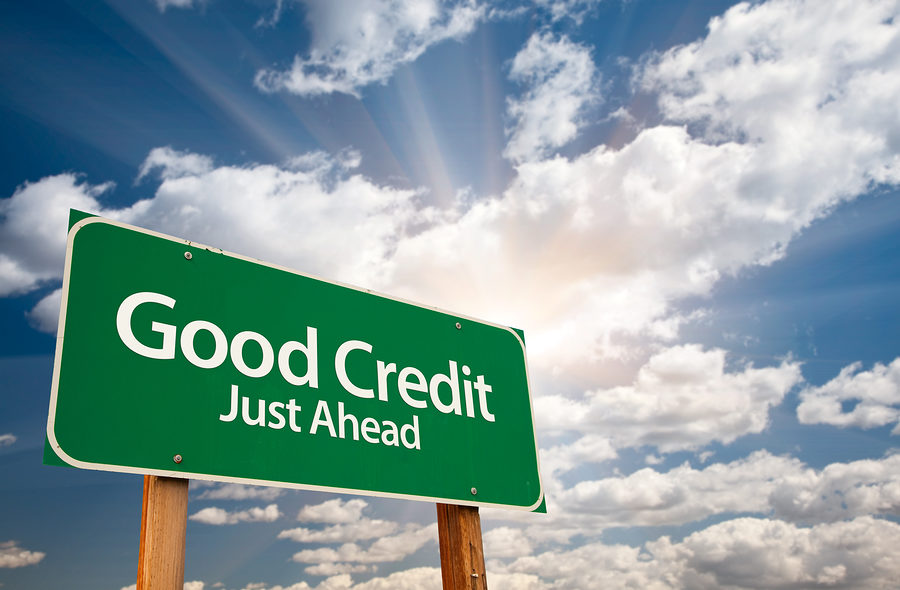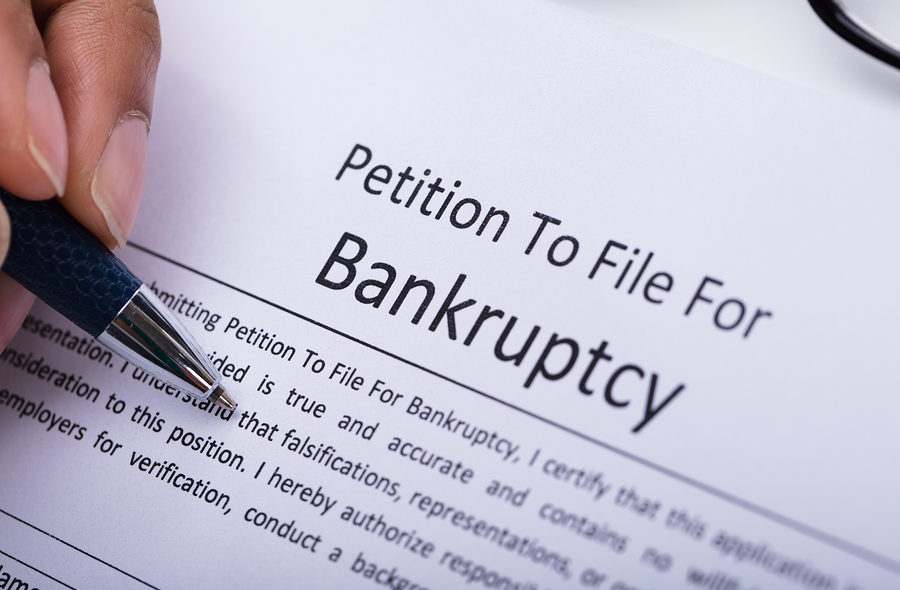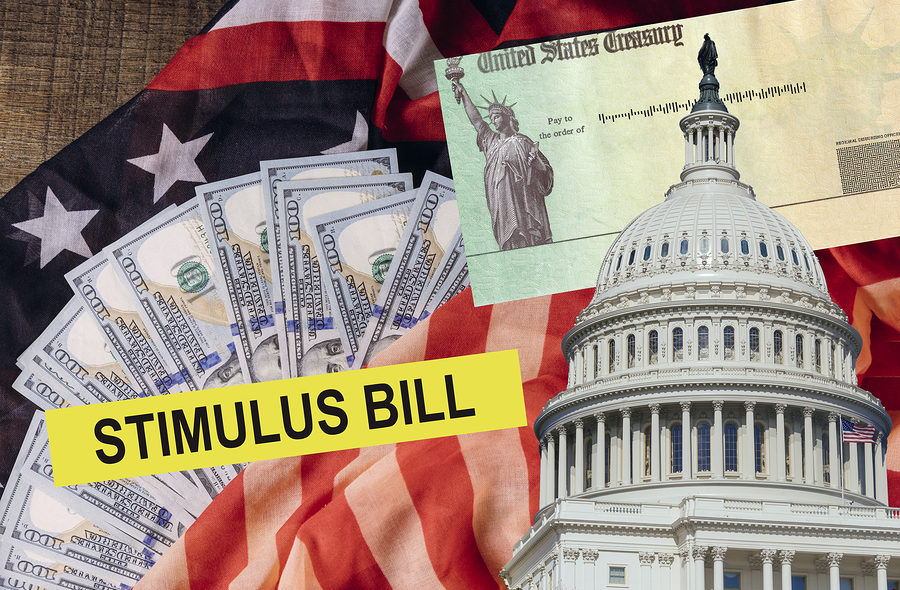A new executive order signed by President Trump is expected to give additional relief to student loan borrowers during the coronavirus (COVID-19) pandemic. It is important that all student loan borrowers be aware of what these changes entail and how they can affect their outstanding student loan balances.
At the start of the COVID-19 pandemic, Congress passed the CARES Act, a $2.2 trillion stimulus bill, that included relief effort for numerous aspects of the economy. The CARES Act paused all federal student loan payments and stopped interest from being incurred on federal student loans. Additionally, the stimulus bill put a stop to all federal student loan collection efforts. However, this bill was passed at the beginning of the pandemic with the thought that relief would no longer be needed through the end of 2020 with the hopes that the COVID-19 crisis would eventually be subsiding. Given the fact that numbers of positive cases are growing, and states are struggling to manage the crisis, it has quickly become clear that additional relief was needed. The original relief offered through the CARES Act was set to expire on September 30, 2020.

